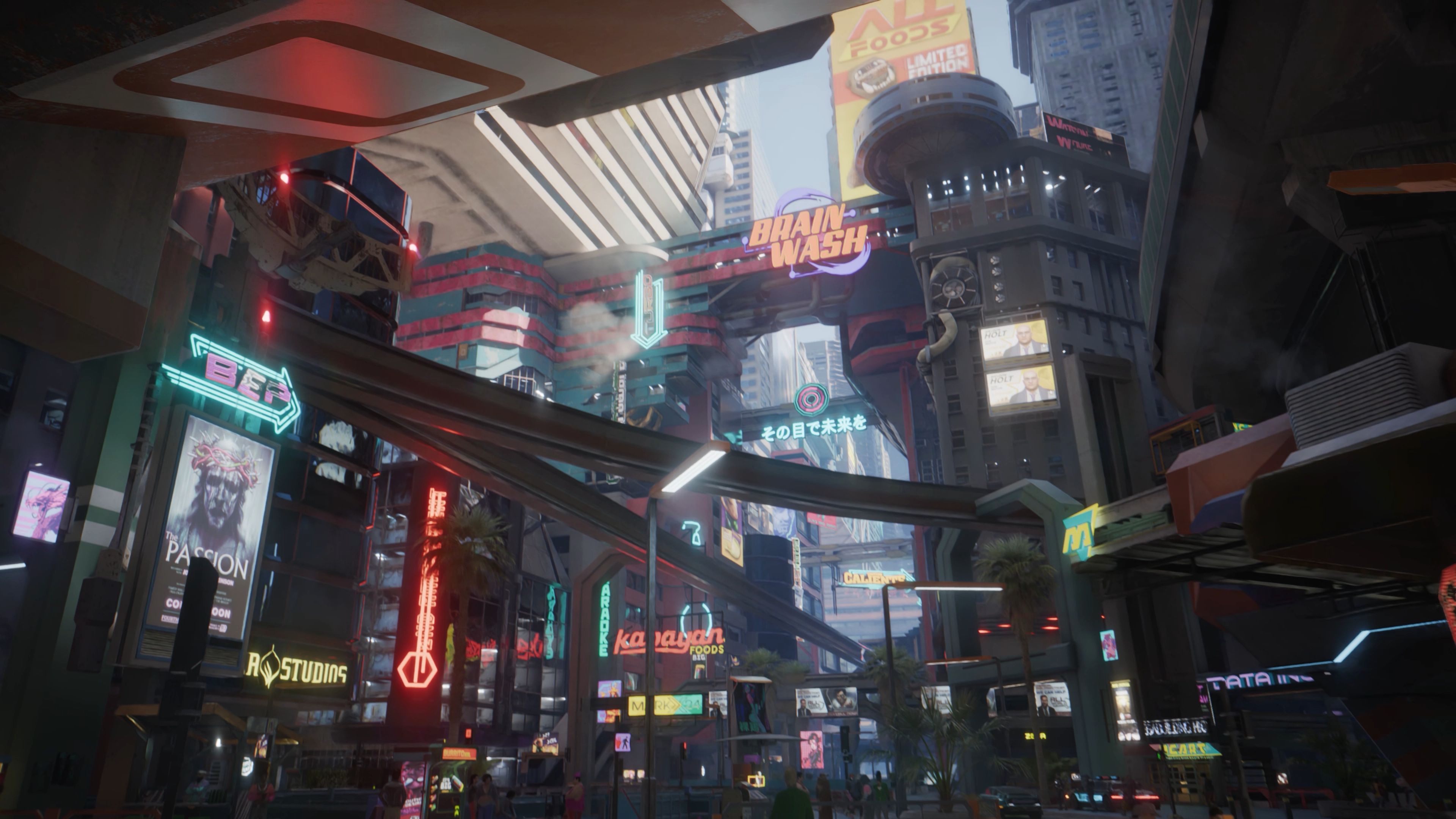The AAA gaming landscape is perpetually in motion, a high-stakes arena where blockbuster budgets, evolving technology, and shifting player expectations collide. The first half of 2024 has been no exception, delivering a series of seismic announcements and controversies that have sent ripples through the entire industry. From surprise acquisitions and ambitious hardware reveals to sobering layoffs and deeply divisive game launches, the reactions from developers, publishers, and players alike paint a complex picture of an industry at a crossroads.
The Embracer Fallout and a Resurgent Xbox
Perhaps the most somber and impactful ongoing story has been the continuation of mass layoffs, largely tied to the aftermath of the Embracer Group’s collapsed $2 billion deal. Companies like Crystal Dynamics, Eidos-Montréal, and countless others under the Embracer umbrella have faced significant restructuring, resulting in thousands of talented developers losing their jobs. The industry reaction has been one of profound frustration and solidarity. The hashtag #GameJobs has become a daily reminder of the human cost behind corporate maneuvering. Prominent figures like Alan Wake 2 director Sam Lake have publicly expressed their heartbreak, highlighting the disconnect between executive decisions and the teams who pour their passion into these projects. This wave of instability has sparked intense debate about the sustainability of the current AAA model, which relies on massive teams and ballooning budgets, often leaving studios vulnerable to sudden market shifts.
In stark contrast to this turmoil, Microsoft’s Xbox division appears to be executing a significant strategic pivot. Following the acquisition of Activision Blizzard, the reaction was initially one of concern over market consolidation. However, Microsoft’s subsequent announcements have been surprisingly player-centric, generating a largely positive response. The decision to bring previously exclusive titles like Sea of Thieves and Pentiment to PlayStation and Nintendo Switch platforms marks a historic shift. Industry analysts reacted with shock, but many developers and players have praised the move as a step towards a more platform-agnostic future. The reaction from within suggests Microsoft is prioritizing software and service reach over pure hardware sales, a strategy that could redefine what it means to be a "platform holder" in the modern era.
"Live Service" Struggles and Single-Player Triumphs
The live-service model, long touted as the financial future of gaming, has shown significant cracks. Warner Bros. Discovery’s much-hyped Suicide Squad: Kill the Justice League, developed by Rocksteady, launched to middling reviews and reportedly poor player engagement. The industry reaction was a mix of disappointment and validation. Many critics and players pointed to the game’s repetitive gameplay and ill-fitting live-service mechanics as a betrayal of Rocksteady’s acclaimed single-player pedigree. This sentiment was echoed following Sony’ announcement that it would be delaying half of its planned live-service titles. The reaction from analysts suggests a market correction is underway; players are becoming increasingly selective about which live-service games earn their ongoing time and money, and publishers are being forced to reconsider their strategies.
Conversely, the single-player narrative-driven experience has seen a powerful resurgence. Helldivers 2, from Sony-owned Arrowhead Game Studios, became a surprise phenomenon. While technically a co-op live-service game, its success is universally attributed to its tight, satisfying core gameplay loop and brilliantly executed satirical tone, not a bloated checklist of chores. The player and critical reaction was overwhelmingly positive, proving that a well-executed concept can thrive without predatory monetization. Similarly, the immense critical and commercial success of Final Fantasy VII Rebirth reaffirmed the immense appetite for high-quality, expansive single-player adventures. The industry reaction to these successes has been a clear message: polish, player respect, and a strong creative vision are far more valuable than blindly chasing trends.
Technological Promise and Peril
The promise of new technology continues to be a major driver of AAA news. Sony’s official unveiling of the PlayStation 5 Pro, codenamed "Trinity," has generated mixed reactions. While hardcore enthusiasts and developers are excited about the potential for enhanced ray tracing and higher fidelity, a larger segment of the audience questions the necessity of a mid-generation refresh in a market where the base PS5 is still thriving. The reaction is more cautious than for the PS4 Pro, reflecting a broader weariness with hardware fragmentation and a desire for more compelling software-driven reasons to upgrade.

Simultaneously, the rapid integration of generative AI into development tools has become a hot-button issue. While publishers like Ubisoft are championing AI-driven NPCs as a revolution in storytelling, the reaction from many developers and players is deeply skeptical. Concerns about job displacement, artistic integrity, and the potential for homogenized, soulless content are rampant. The industry is grappling with the ethical implications of this technology, with reactions split between those who see inevitable progress and those who fear it will erode the very human creativity that defines great art.
Conclusion: An Industry Recalibrating
The recent updates in AAA game news reveal an industry actively recalibrating its priorities. The reactive moves from publishers—scaling back on live-service, embracing multiplatform releases, and cautiously adopting new tech—show a sector responding to clear market signals. Player reaction, amplified through social media and sales figures, is now more influential than ever, holding billion-dollar projects accountable. The dominant theme is a push for sustainability: for developers seeking job security, for publishers seeking profitable games, and for players seeking experiences that respect their time and intelligence. The path forward is uncertain, but the collective reaction to these recent events suggests a future where quality, flexibility, and respect for the audience are paramount. The age of unchecked growth and blindly following formulas is over, making way for a more nuanced and, hopefully, more creative era for AAA gaming.














